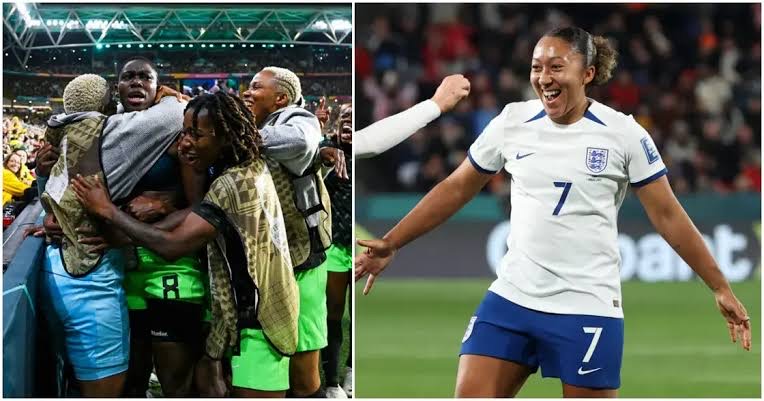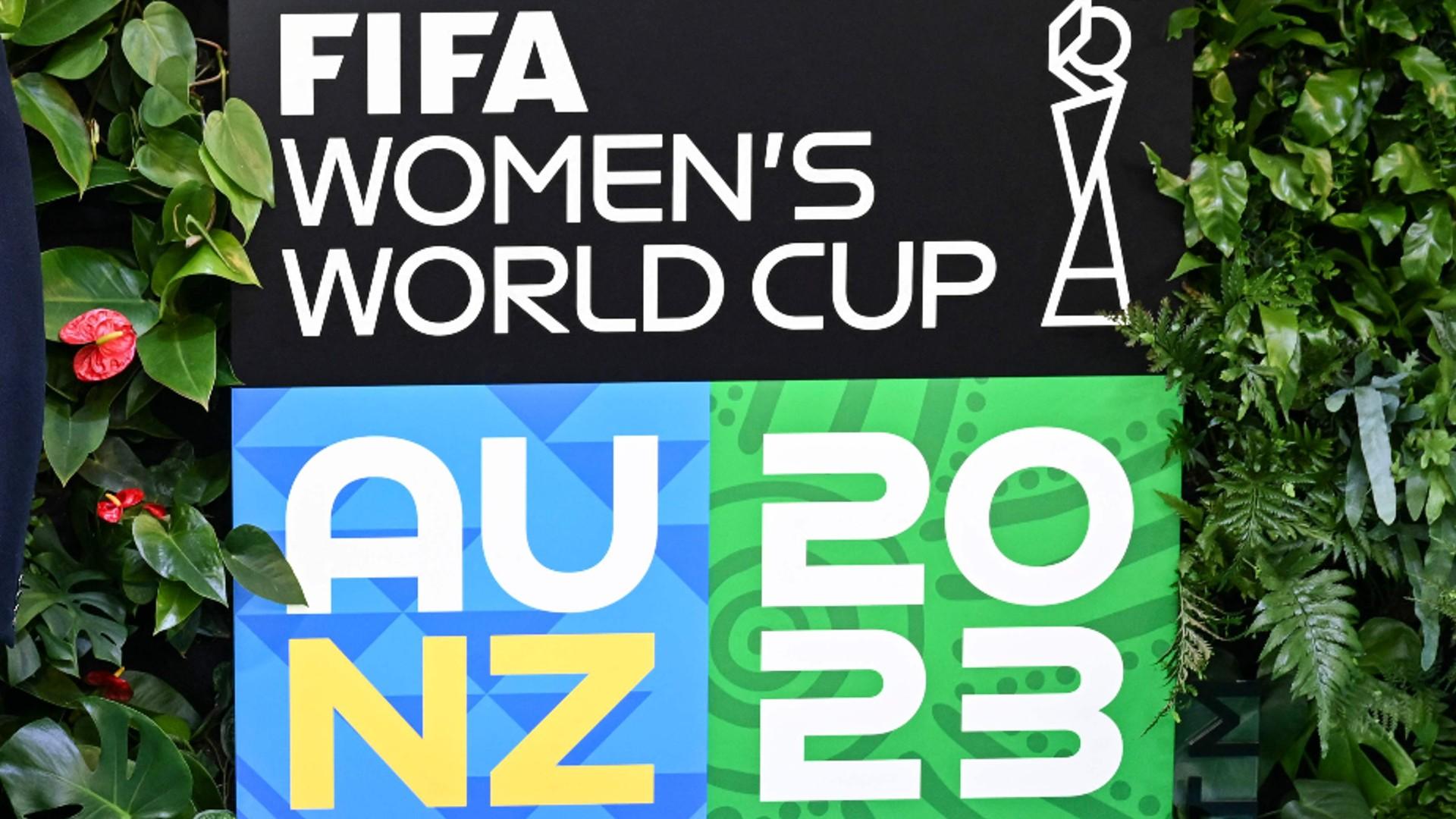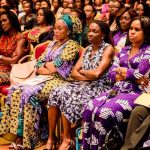In an exhilarating clash of soccer titans at the FIFA Women’s World Cup Round of 16 as three African powerhouses – Nigeria, South Africa, and Morocco – face off against their former colonial masters in a thrilling battle on the pitch.
The stage is set for a historic encounter as these formidable teams take center stage to showcase their skill, determination, and national pride in what promises to be a gripping showdown.
Join our WhatsApp ChannelIt was almost as if the footballing gods were having a laugh, creating this wild and quirky : the historic figures turning in their graves and trying to make sense of this ludicrous reunion.
READ ALSO: 5 Colonial Nigeria Companies After 189 Years- First Bank, Union Bank, May & Baker, Others
While it may appear as a curious twist of fate, it is crucial to explore the historical ties between these countries and their colonial rulers to understand whether this encounter was destined to happen.
Nigeria and England: Colonial Past and Football Legacy
The ties between Nigeria and England trace back to the late 19th century when the British Empire expanded its reach to Africa. Nigeria, a British protectorate until 1960, embraced football as a symbol of resistance against colonial oppression, fostering national pride.

The Nigerian women’s football team has emerged as an African powerhouse, and they will clash with England on Monday, 7th August.
South Africa and the Netherlands: Revisiting a Bitter History
South Africa’s colonial history involved Dutch and British control, leading to years of conflict and oppression during apartheid. While the Netherlands didn’t directly colonize South Africa, it played a significant role in African colonization. Their football encounter on Sunday, 6th August, will hold historical significance on the field.
Morocco and France: A Long-standing Connection
France established a protectorate in Morocco until its independence in 1956, leaving a lasting impact on Moroccan culture and sports. Football is deeply rooted in Moroccan society, and their match with former colonial masters, France, at the Women’s World Cup on Tuesday, 7th August, carries emotional significance.
Coincidence or Fate?
The convergence of Nigeria, South Africa, and Morocco with their former colonial masters in a single tournament raises the question of whether it is pure coincidence or if fate played a role. While the draw for the tournament is usually random, the historical context surrounding these teams suggests a more profound connection.
The colonial era was marked by exploitation, cultural imposition, and suffering, but it also inadvertently spread elements of European culture, including the game of football. As these African nations gained independence, they reclaimed and embraced the sport, transforming it into an essential aspect of their national identity. Thus, the coincidence of meeting their former colonial rulers in a football competition is a testament to the resilience and evolution of these countries beyond their historical subjugation.
In the annals of footballing history, the encounter between Nigeria, Morocco, and their former colonial masters will be remembered not only for its fierce competition but also for the uproarious laughter it brought to fans worldwide. The FIFA Women’s World Cup once again proved that football is a game that can transcend history and politics, uniting people through moments of shared joy and humor.

















Follow Us